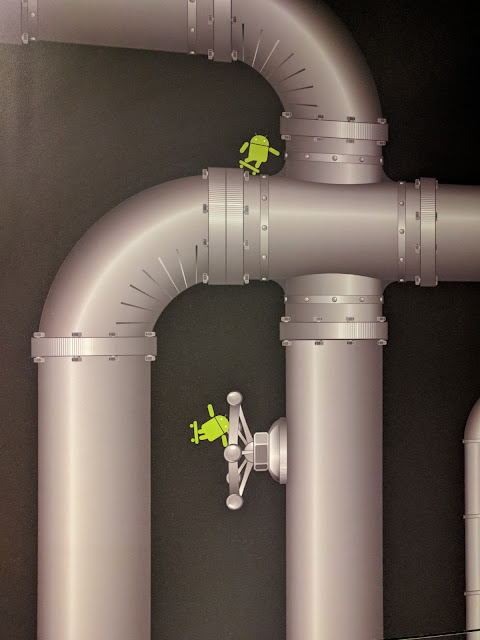Android Usage on Chrome OS Grows But the Experience is Still Suboptimal
According to Google , in Q4 2018 21% of the notebooks sold in the US were Chromebooks and Android app usage on Chrome OS increased 4X over the past 12 months. Google is encouraging developers to target or adapt their apps to Chrome OS , for example by adding large screen and keyboard support to Android apps so they can run well on Chromebooks. But few or none of Google’s own apps do, starting from the Play Store. There are a few notable and encouraging exceptions, such as the Roblox game that was optimized to run well on Chrome OS and take advantage of the additional exposure it can get on the platform. Google isn’t leading by example and doesn’t provide enough incentives to developers.


